ESSAY 15 MIE & KEI AND THE ACTING LIFE "I'm ready for my close-up, Mr. DeMille." By 1978, Pink Lady had fully established themselves as Japan's number one pop music group, their enormous success as singers was, at the time, without equal, given all their chart-topping hits. With that in mind, where do you go from up? No doubt the suits at Trust & Confidence were wondering the very thing, so they decided to see what would happen when they put Mie and Kei before the camera to see if they could act. Little did said suits know, but they helped launch the girls' second career that would, for the most part, serve them well beyond their time together as Pink Lady. This was hardly the exception to the rule as popular singers from back in the day also did well, or even excelled as actresses, most notably, the famous Momoe Yamaguchi. |
|
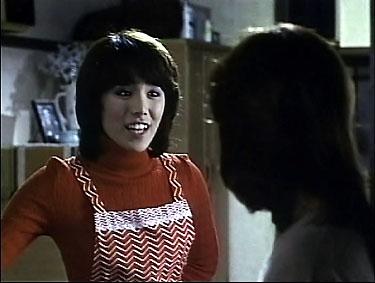 |
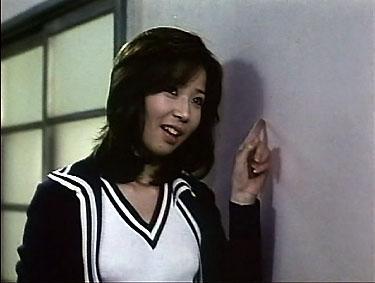 |
|||
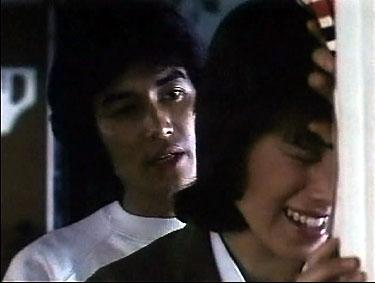 |
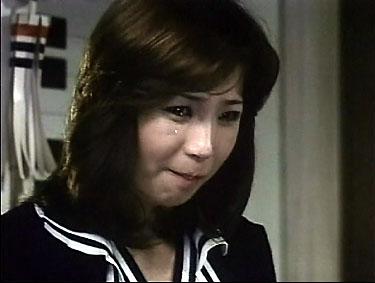 |
|||
The Pink Lady movie Mie and Kei starred in wasn't exactly a cinematic masterpiece by any stretch of the imagination. It was cheesy, corny and silly beyond compare, still, it proved that the girls did indeed have the required chops to act and be convincing as actresses, though I'm sure it took a lot of work. Having viewed the film, I thought the same thing, especially in the first of three vignettes which was a dorama, (soap opera) in which the girls, portraying sisters were both in love with the same man, they displayed the full gamut of emotion, given such a turbulent situation: joy, love, anger, sorrow and heartache, they even shed tears on cue. That was, in my opinion, the best part of the movie where the girls really acted in a setting that wasn't ridiculously silly fluff like in the following two vignettes, though the third had its moments, especially at the climax where Kei bravely sacrificed her life to save her beau (who wound up gunned down anyway), followed by Mie's overwhelming anguish at having lost her partner and best friend. While I'm sure PL's movie didn't win any awards, it showed the girls had what it took to be actresses, a talent that came in quite handy after they broke up. |
|
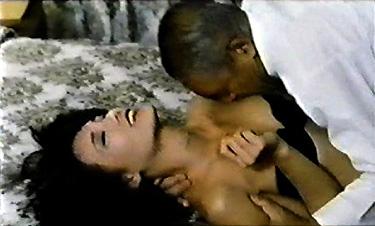 |
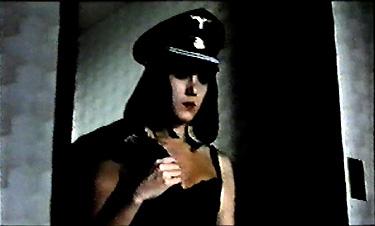 |
|||
Mie was first to dive headlong into acting after the 1981 split, and, to say the least, she made one hell of a splash. Of course, I'm talking about her notorious 1982 motion picture debut in the eternally infamous "Call Girl" where she portrayed, of all things, a prostitute. The rationale for that controversial role, according to the entry on Pink Lady from Mark Schilling's compendium, The Encyclopedia of Japanese Pop Culture, was that Mie wanted to deep-six her cutesy-pie image as one half of the mega-famous duo, but to play a bedhopping harlot for hire really stretched credibility, and yet, Mie pulled it off, though to a shocking degree as she was at turns sexy, scheming, coquettish and jaded. To watch Mie casually doing the horizontal boogie with some half a dozen men during the film left me astonished, admittedly, it was damned hard for me to separate Mie the cute singing star from Mie the slinky whore. Then there's that outrageous scene where Mie, dressed as a lingerie clad Nazi dominatrix, mercilessly whipped a freak job gaijin who loved to get off on pain, and Mie gave him all he could handle, much to his utter delight. My jaw actually dropped the first time I watched that scene, it was THAT insane! |
|
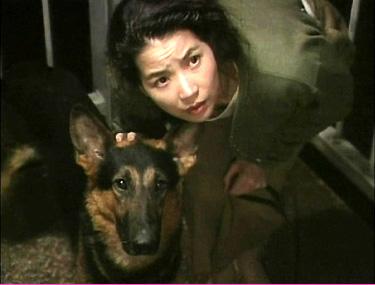 |
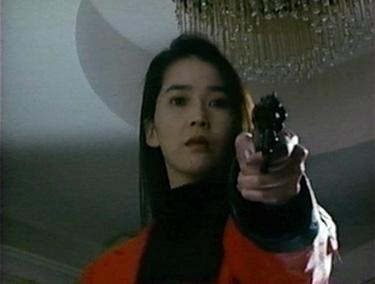 |
|||
Then there's Kei and the two vast extremes she displayed in her acting roles. The first was "The Dog Judges Her Love" from 1990 where she played a small town wife and working mother whose cheery life goes down the toilet after she's attacked, presumably raped and robbed of a large sum of money she was given by her husband's in-laws to deposit in the bank as down payment on a new house. The incident costs Kei her job and reputation as the cops refuse to believe her story, her shamed hubby dumps her, and, for a time, she's left homeless, her only companion being a German Sheperd she befriended, and then leads her to the thief and a happy ending. On the other end of the spectrum was "Codename K: Lady Connection" from 1991 with Kei as a sultry spy tasked with gaining intelligence for a shadowy organization on a budding turf war between Japanese Yakuza gangsters and Chinese Triad thugs, using her wits and skills to stay alive in a maelstrom of bloodshed and betrayal. Unlike "Dog", Kei was no shrinking violet, rather she was a stone faced killer, lethal with a gun, a knife or her bare hands. Comparing the two roles, it was like going from June Cleaver to La Femme Nikita. |
|
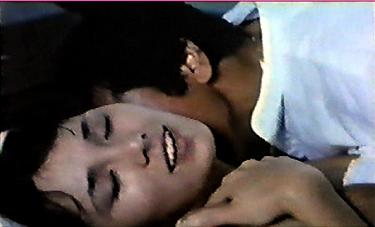 |
||||
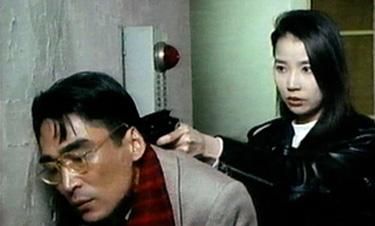 |
||||
So, to recap, we had Mie playing a saucy hooker while Kei went from happy homemaker to cold eyed assassin. Hardly award winning roles for either of the girls. And while I'm on the subject, I'll be the first to admit here that all three films were of extremely dubious distinction. "Call Girl" was basically soft porn wrapped around a plot that was thinner than wet tissue paper; "Dog" was the prototype for 'women in peril' telemovies shown ad nauseam today on cable's Lifetime Channel; and "Codename K" combined cartoonish violence with more cheese in its 80 minute runtime than a Wisconsin dairy. If those movies were produced in the States, they would have gone the direct-to-video route, never coming remotely close to being shown on the big screen. Looking back on it all, I can't help wondering if the girls' talents were wasted on those bargain basement projects which I saw as beneath them, given their stature as Japan's most famous entertainers in their day. If Mie and Kei had been given first class roles with first class scripts in first class films, I'm sure they would have shined, gained critical acclaim and became highly renowned actresses instead of merely pop singers who act on the side. But then, had Mie and Kei fully devoted themselves to acting and gave up singing, they might never have done that Pink Lady reunion in 2003 which I was fortunate enough to have attended. Will they ever return to acting? Who can say, but given that the latest Pink Lady get together figures to keep Mie and Kei plenty busy for the forseeable future, I guess we'll all have to "settle" for their being what they've always excelled at: mega-popular pop stars. All things considered, that's not too bad a trade-off. Fade to black. |
|
|
|